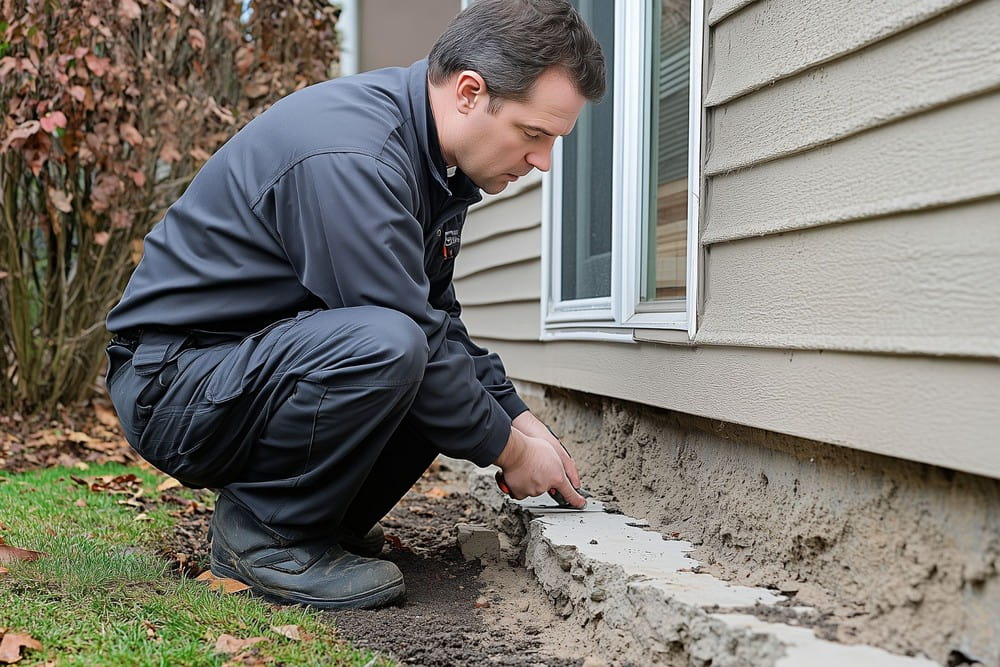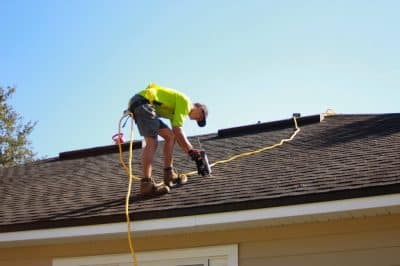
Have you ever thought about what’s holding your home together? It’s easy to focus on paint, decor, or even your reef, but what about your foundation? This crucial part of your home is often out of sight and out of mind. But ignoring it can lead to serious problems down the line.
Cracks in walls, uneven floors, and sticky doors might seem small at first. Yet, they could be warning signs of something much bigger. Your foundation isn’t just the base of your home—it’s what keeps everything standing strong. Even minor issues can snowball into costly repairs or unsafe living conditions without proper care.
This article explores the dangers of neglecting your home’s foundation and what you can do to avoid costly repairs. Read on for the details!
Decreased Home Value
Your home is a big investment, and its value depends on how well it’s maintained. Foundation problems can lower its worth, making it harder to sell. If buyers see cracks or other signs of damage, they may hesitate to make an offer.
Even small foundation issues can lead to lower appraisal values. While selling house with foundation issues is still possible, fixing these problems before selling helps protect your investment and ensures you get a fair price for your home.
Structural Damage
When your foundation shifts, your whole house can feel the impact. Small cracks may look minor, but they often grow into serious problems. Uneven floors, sagging ceilings, or cracked walls can all point to foundation issues.
If you ignore these signs, your home’s structure can weaken over time. This could result in walls collapsing or floors buckling, putting everyone at risk. Your foundation holds everything together, so keeping it strong is crucial for your home’s safety.
Water Damage and Mold Growth
Neglecting your foundation can lead to water seeping into your basement or crawlspace through cracks or gaps. This excess moisture can damage your home and create a perfect environment for mold and mildew.
Mold is unpleasant to look at, but it can harm your health, especially if you have allergies or breathing problems. Once mold starts spreading, it can be expensive to remove. Keeping water out of your foundation will protect your home and your health.
Pest Infestations
A damaged foundation can attract pests into your home. Cracks and gaps make it easy for termites, ants, and rodents to find their way inside. These pests can damage your property and create health risks for your family.
For instance, termites can chew through wood, weakening the structure of your home over time. Once pests get inside, removing them becomes difficult and costly. Checking your foundation regularly and fixing any issues will help keep these unwanted guests out.
Flooding Risks
Neglecting your foundation increases the chance of flooding in your home. During heavy rains, cracks in the foundation can let water seep into your basement, causing standing water or severe flooding.
Flooding can damage your flooring and furniture and ruin personal belongings. It can also lead to mold growth, which poses health risks. Repairing foundation cracks will help prevent water damage and keep your basement dry and safe.
Cracked Chimneys and Fire Hazards
Foundation problems can cause your chimney to crack or shift, creating safety risks. A cracked or leaning chimney is more than just unattractive—it can increase the risk of fire. Cracks can let heat, smoke, or sparks escape into your home, which is dangerous.
In addition to fire risks, an unstable chimney can lead to falling bricks or debris, risking your family’s safety. While fixing these issues can be costly, leaving them unaddressed often results in greater damage. Regular inspections and prompt attention to foundation shifts can help protect your chimney and home.
Higher Energy Bills
Foundation damage can raise your energy bills. Cracks and gaps allow outside air to enter and let heated or cooled air escape. This forces your heat, ventilation, and air conditioning (HVAC) system to work harder, raising your heating and cooling costs.
You might also notice drafts during winter or warm sports in summer, which makes your home less comfortable. Fixing foundation cracks will help keep your home insulated, making it more energy-efficient and saving you money.
Increased Risk During Natural Disasters
A weak foundation increases the risk to your home during natural disasters like earthquakes, hurricanes, or heavy storms. Foundations are meant to distribute the weight of your home evenly and provide stability. When the foundation is damaged, it struggles to handle the stress of strong winds, heavy rain, or shifting ground.
For instance, a compromised foundation can lead to partial or complete collapse in earthquake-prone areas. In flood-prone regions, rising water pressure can overwhelm a weakened foundation, causing it to fail. Ensuring your foundation remains strong will safeguard your home and provide peace of mind during severe weather events.
Plumbing Issues

A shifting foundation can lead to significant plumbing problems in your home. When the foundation moves, the pipes underneath can crack or shift out of place. This often causes leaks, water damage, and expensive repairs.
The trouble with foundation-related plumbing issues is that they often stay hidden until they become serious. Regular foundation maintenance will help you catch these problems early and protect your home from costly damage.
Conclusion
Your foundation might not be the most visible part of your home, but it’s one of the most important. Neglecting it can lead to structural damage, water issues, pest problems, and even a loss in property value.
You can protect your home and avoid costly repairs by staying vigilant and addressing issues early. Whether it’s sealing cracks, controlling moisture, or regular maintenance, taking action now ensures your home remains a safe and comfortable haven for years to come.








